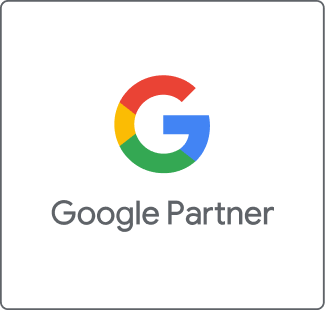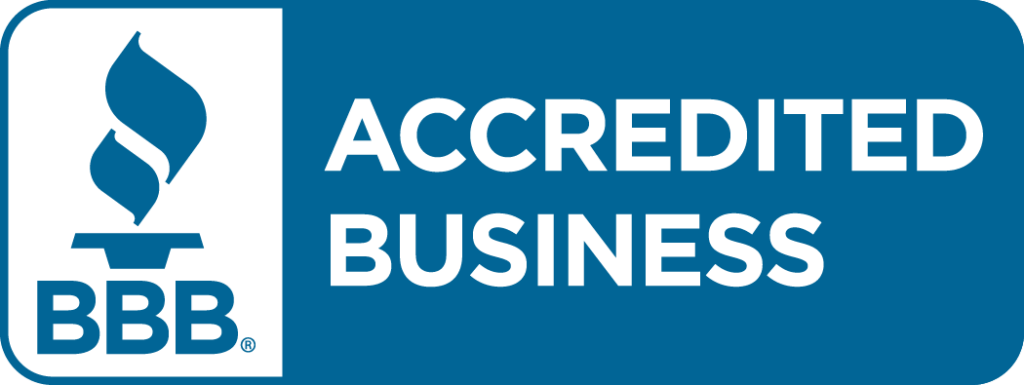You guys keep asking some tough questions. Unfortunately, this is another that doesn’t have an easy answer. The answer, in some cases, is absolutely. In other cases, it’s a definite maybe.
Let’s jump right into this.
[hr style=”3″ margin=”40px 0px 40px 0px”]
What are you trying to accomplish?
First of all, you need to answer a simple question. What are you trying to accomplish? Every campaign should have a goal which moves the revenue needle for your company. This can be different according to your business and your industry, but in this case, we’ll focus on the basic goals of brand awareness and/or lead generation.
Once you determine which – or both – is the primary goal of your campaign, you can take a step forward. If it’s leads, throw your budget into search. For brand awareness, you’re all in on display. Right?
Well, not exactly.
Learning from personal experience, you can’t be dogmatic about search and display. Both search and display can help you generate leads and build brand awareness. We see many lead generating campaigns that incorporate banners on the display network. Still, it is accurate to say that display is better at building awareness and search is for lead gen.
[hr style=”3″ margin=”40px 0px 40px 0px”]
Display
The display networks are huge, encompassing millions of websites and reaching more than 90% of internet users. This is the ideal place to reach and get noticed by a large portion of your audience.
Brand awareness doesn’t happen in a vacuum.
There’s a reason so many people talk about building brand awareness as a goal, because it helps you sell your product. As people see your banners, they are more likely to purchase your product or become a lead later in your campaigns.
Display ads can generate leads as well. While it is difficult to determine purchase intent on the display network, using remarketing can improve your ad click-throughs. Since the audience you’re remarketing to have already engaged your site and landing pages, they are more likely to be interested in your offer, leading to more clicks.
[hr style=”3″ margin=”40px 0px 40px 0px”]
Search
In this case, the searcher is on a mission to find something, either actively researching a product or looking for a way to buy. Since they are showing interest in keywords, it doesn’t take much to convince them to click.
There are many keywords which are general in nature and can help you increase awareness for your brand or product. Backing up your search ad with content can help you get your audience thinking about the right thing.
Additionally, search may not even be an option. Take a look at search keywords related to your product. Do they have a high enough search volume to sustain your lead gen efforts? What’s the competition for these keywords? Are there additional keywords you could target that are related to your product or service, but not tied to purchase?
If you can’t accomplish your goals with search, you may need to rely on banners.
[hr style=”3″ margin=”40px 0px 40px 0px”]
Which do you need? Or is it both?
If you thought I was going to come to some grand conclusion and reveal some universal truth, you’re probably disappointed. Like I said at the beginning, there isn’t an easy answer to this question. It will vary from business to business.
The best advice I can give you is to take a good look at your campaign goals and do some keyword research. This will help you make a plan that sets you up for success. And just like every other aspect of your advertising, once your campaign is live, figure out what is working best and adjust your budget accordingly.
[acf field=”cta_10″ post_id=”option”]



